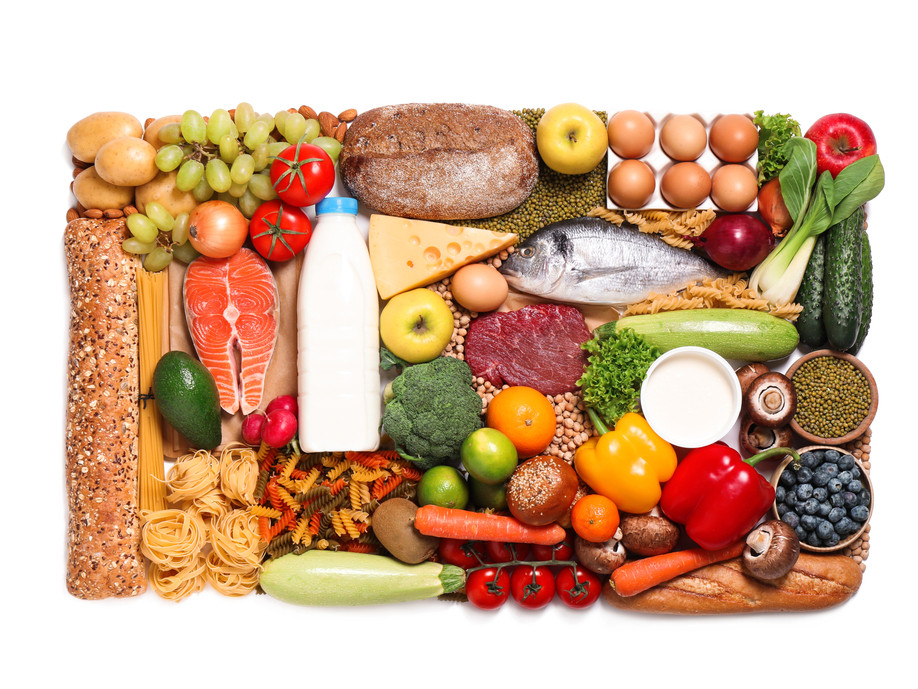What Is Dietary Variety and Why Is It Important?
Dietary variety means eating a wide range of different foods from all major food groups — fruits, vegetables, grains, proteins, and dairy (or alternatives). Instead of relying on the same meals every day, a varied diet ensures that your body receives all the essential nutrients it needs to function at its best.
Each food provides a unique mix of vitamins, minerals, and antioxidants. For example, oranges are rich in vitamin C, leafy greens in iron and folate, and nuts in healthy fats. When you eat a variety of foods, you reduce the risk of nutrient deficiencies and chronic diseases — while keeping your meals more interesting and enjoyable.
In short, no single food can give you everything your body needs. By embracing dietary variety, you support better digestion, stronger immunity, and overall wellbeing — one colorful plate at a time.
Dietary variety is determined by the number of different nutrient-dense, core foods that a person usually eats on a weekly basis. The nutrient-dense foods are those that are included in the core foods groups in the Australian Guide to Healthy Eating. They include vegetables, fruit, wholegrains, dairy (and alternatives), and lean sources of protein (as well as alternative sources of vegetarian protein).
Different foods contain different nutrients, and so eating a wider variety of foods from the these core food groups increases the likelihood of achieving recommended intakes of fibre, vitamins (B, C and folate), minerals (iron, zinc, calcium) and phytonutrients needed for health and usual body functions, including metabolism, growth, repair and fighting disease.
Read Also: Keep your face towards the sunshine and shadows will fall behind you
What does the evidence say?
Research shows that higher food variety scores are associated with a range of health benefits, especially as you age. This includes less weight gain, and greater success with weight loss, lower risk of developing chronic conditions like metabolic syndrome, type 2 diabetes, and heart disease, as well as having a longer life expectancy.
Ways to improve your diet variety:
Include meals that are based on different fresh, canned and frozen vegetables, fruit, legumes and wholegrains
Every week buy one or two fruits or vegetables that you didn’t buy the week before
Try a different lean protein source a couple of times per week
Prepare a meat free meal at least once per week, more often if possible, or use less meat and bulk out recipes by adding some vegetarian alternatives into dishes, such as tofu or legumes
Buy mixed salad leaves, frozen mixed veggies and berries, 4 bean mix and mixed (unsalted) nuts rather than a single type
Try a new recipe each week
Include different types of dairy foods, such as yogurt as a snack, milk with cereal or in a smoothie, or sprinkle some low-fat cheese on a pasta dish
Watch Also: https://www.youtube.com/@TravelsofTheWorld24















Leave a Reply